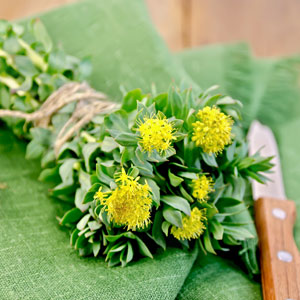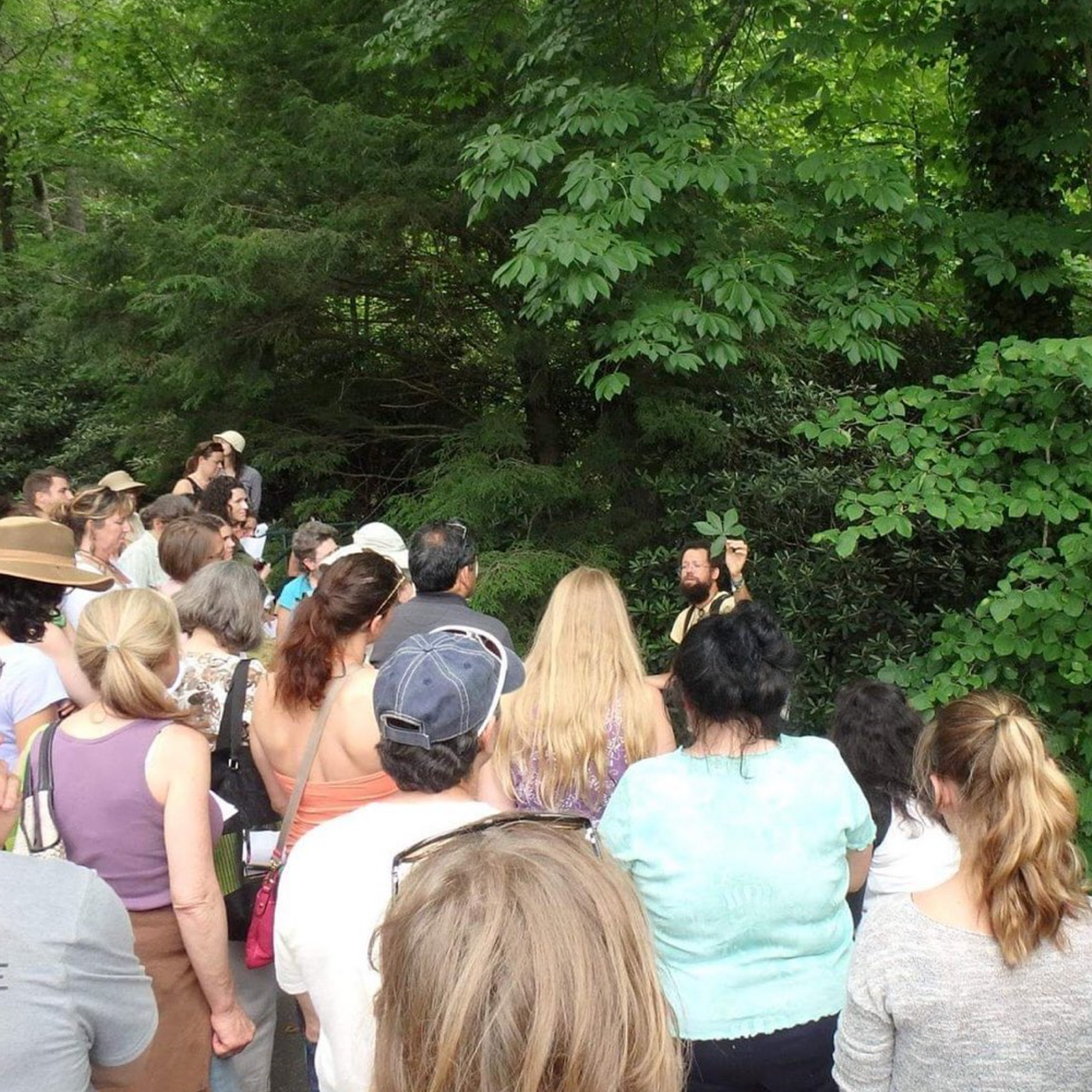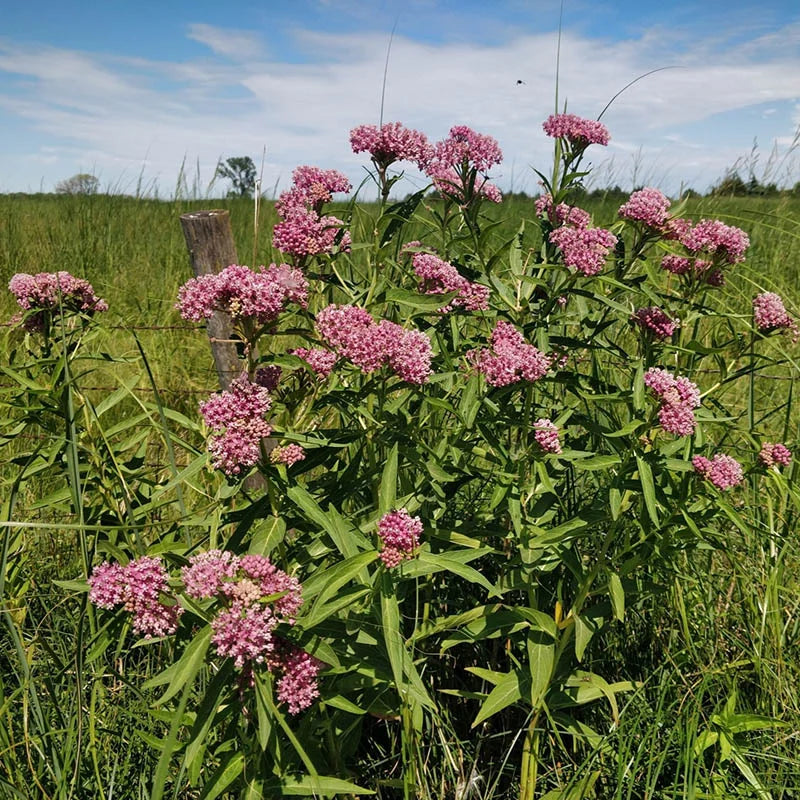2025 Pharmacy Video Series
A video series for health care providers– with continuing education for naturopathic physicians– bundled together in one discounted package.
Cheers to 30 years of connection, learning, and community! We’re celebrating with a fresh new website—making it easier than ever to order, register, and earn CE credits—and by returning to our beloved Blue Ridge Assembly in 2026, our symposium home since 1996. None of this would be possible without you—thank you for being part of the journey!
Note: If you’ve purchased audio or books before, please sign in to our new website with your original email (orcontact us for help). Your videos remain available in your Vimeo account until next March.
Cheers to 30 years of connection, learning, and community! We’re celebrating with a fresh new website—making it easier than ever to order, register, and earn CE credits—and by returning to our beloved Blue Ridge Assembly in 2026, our symposium home since 1996. None of this would be possible without you—thank you for being part of the journey!
Note: If you’ve purchased audio or books before, please sign in to our new website with your original email (orcontact us for help). Your videos remain available in your Vimeo account until next March.
Southwest Conference on Botanical Medicine
Online, February 13th - 15th, 2026
Medicines from the Earth
North Carolina, May 15th - 17th,2026
Southwest Conference on Botanical Medicine
Online, February 13th - 15th, 2026
Medicines from the Earth
North Carolina, May 15th - 17th,2026
Botanical Medicine began with a deep reverence for the power of plants—and a clear-eyed vision of how that power could support modern healthcare. Read more about our journey to become a leader in continuing education for herbal practitioners!
Botanical Medicine began with a deep reverence for the power of plants—and a clear-eyed vision of how that power could support modern healthcare. Read more about our journey to become a leader in continuing education for herbal practitioners!
New & seasonal herbal educational material!
Have you joined United Plant Saversyet? Now is a great time to support medicinal plant conservation AND receive a 20% discount on digital audio and books! Discount code provided when you join.
Have you joined United Plant Saversyet? Now is a great time to support medicinal plant conservation AND receive a 20% discount on digital audio and books! Discount code provided when you join.
We recognize the need for increased diversity in the fields of clinical herbalism and natural medicine and are committed to creating a welcoming environment at our events that affords dignity to all.
We recognize the need for increased diversity in the fields of clinical herbalism and natural medicine and are committed to creating a welcoming environment at our events that affords dignity to all.


